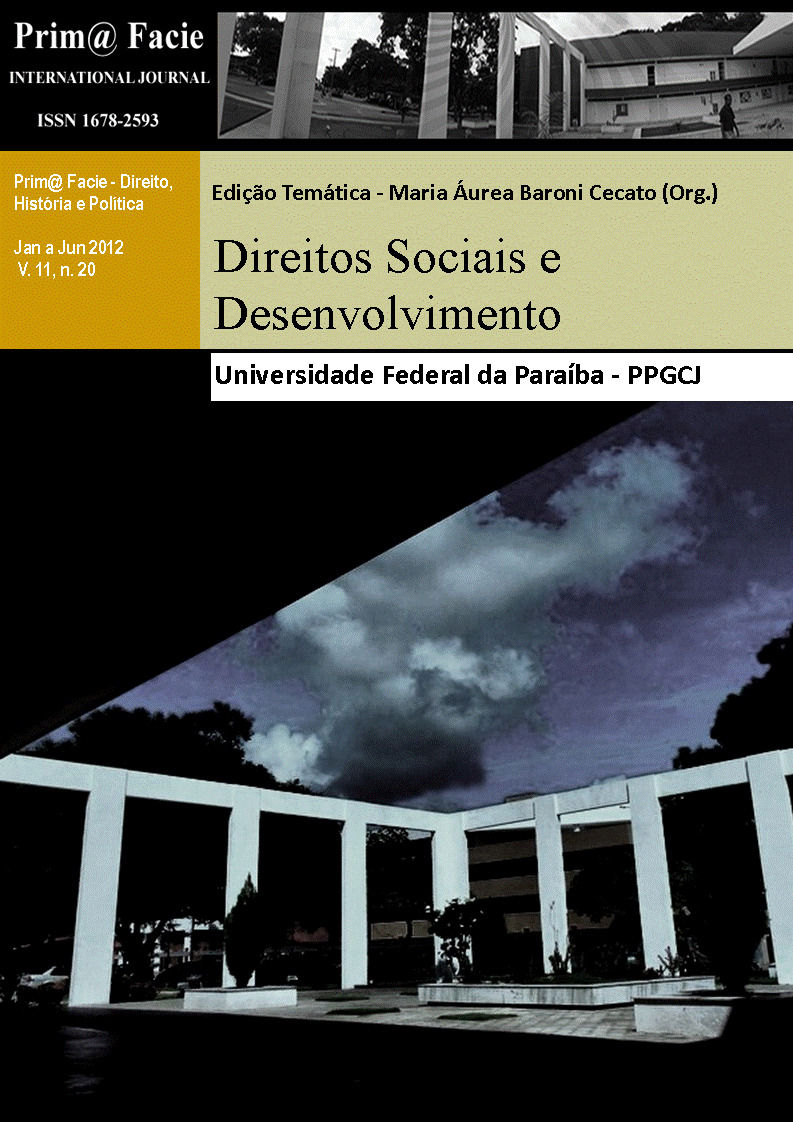Trade Relations between Brazil and Angola: International Cooperation in the Civil Construction Sector and the Need to Protect the Human Right to Work in Angola
Keywords:
International Cooperation, Trade Relations between Brazil and Angola, Worker’s Human RightsAbstract
International cooperation is pointed as an important instrument for tackling and correcting economic inequalities between States, by meeting human, social, economic, political and legal needs of those who adopt it. However, reality shows that this mechanism may come unaccompanied by domestic measures of States, so as to provide higher and better distribution of economic and social benefi ts, even when the topic refers to South-South cooperation. In the particular case of trade relations agreed between Angola and Brazil, in the specifi c sector of civil construction, the unequal cooperation mechanisms have caused, to some extent, the worsening of internal crises, which aff ect the social conditions of employment and impacts basic labor rights, generating relevant social consequences.Downloads
Download data is not yet available.
Downloads
Published
2013-01-29
How to Cite
FEITOSA, M. L. A.; NANGACOVIE, E. M. M. Trade Relations between Brazil and Angola: International Cooperation in the Civil Construction Sector and the Need to Protect the Human Right to Work in Angola. Prim@ Facie - Law, History and Politics, [S. l.], v. 11, n. 20, p. 57–74, 2013. Disponível em: https://periodicos.ufpb.br/ojs/index.php/primafacie/article/view/14032. Acesso em: 21 dec. 2024.
Issue
Section
Corpus


